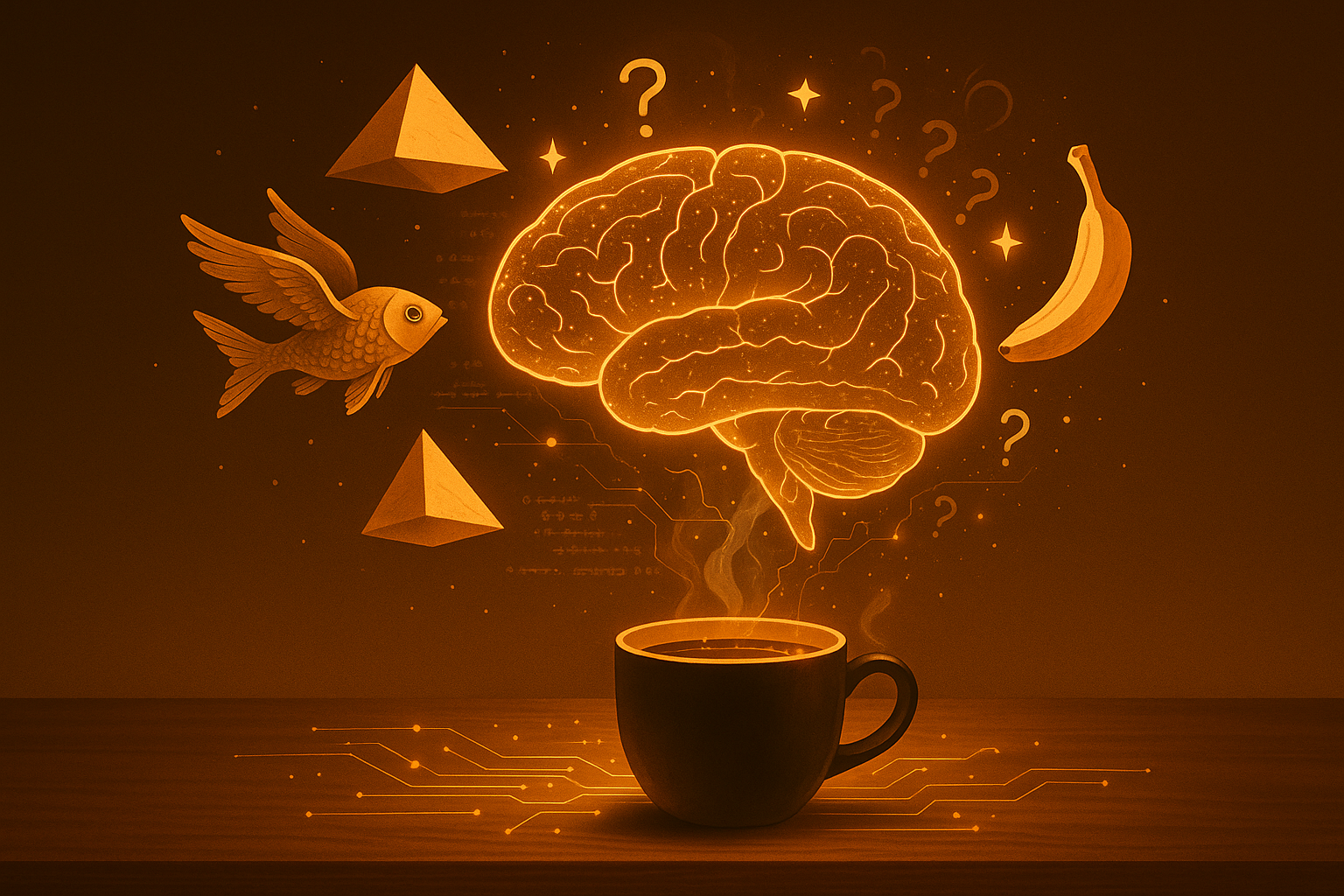
AI Hallucinations: Why Your AI Assistant Confidently Lies to You
I recently asked ChatGPT about a book I was sure existed. It provided a detailed summary, publication date, and even quotes from reviews. There was just one problem: the book was completely made up.
Welcome to AI hallucinations, one of the most frustrating and misunderstood aspects of working with AI tools.
What Are AI Hallucinations?
AI hallucinations happen when an AI system generates information that sounds completely plausible but is actually incorrect, fabricated, or nonsensical. The AI doesn't just get a fact slightly wrong. It invents entire stories, citations, statistics, or explanations with zero hesitation.
The unsettling part? The AI delivers these fabrications with the same confidence it uses for accurate information. There's no uncertainty, no disclaimer, no "I'm not sure about this." Just authoritative-sounding nonsense.
This isn't a bug that will be fixed next update. It's a fundamental feature of how these systems work.
The Coffee Shop Analogy
Think about your favorite coffee shop barista who's amazing at remembering orders. They've seen thousands of customers order thousands of drinks. When you walk in, they recognize patterns: "Tall person in a blue jacket usually orders a large cappuccino."
Now imagine that barista has never actually tasted coffee. They don't know what coffee is. They just know that certain words tend to appear together based on thousands of previous orders.
When you ask for a "medium mocha with oat milk," they're incredibly good at predicting what words should come next in that sequence. But if you ask them whether oat milk tastes better than almond milk in a mocha, they might give you a confident answer based purely on which words they've seen together most often, not on any actual knowledge of taste.
That's essentially what AI language models do. They're pattern-matching machines, not knowledge databases.
Why This Actually Happens
AI models like ChatGPT or Claude are trained on massive amounts of text from the internet. They learn patterns, relationships between words, and how sentences typically flow.
When you ask a question, the AI doesn't search a database of facts. It predicts what words should come next based on its training.
If the AI hasn't encountered enough information about your specific question, it still needs to generate an answer. So it fills in the gaps with plausible-sounding text based on similar patterns it has seen.
The AI doesn't "know" it's making things up because it doesn't actually know anything. It doesn't have a concept of true versus false. It only knows likely versus unlikely word sequences.
This is why AI can write a convincing-sounding academic citation for a paper that doesn't exist, or describe historical events that never happened.
What You Can Actually Do About It
You don't need to stop using AI tools. You just need to change how you trust them.
- Verify important information: Treat AI-generated content like you'd treat information from a confident stranger at a party. It might be right, but you'll want to double-check before you repeat it.
- Use AI for drafts, not final answers: Let AI help you brainstorm, outline, or explore ideas. Then verify the details yourself before you rely on them.
- Ask for reasoning, not just answers: When you ask an AI to explain how it arrived at an answer, you can sometimes spot hallucinations more easily. If the reasoning seems circular or vague, be suspicious.
- Cross-reference specific claims: Names, dates, statistics, and citations should always be verified independently. A quick Google search can save you from embarrassing errors.
- Watch for overly confident language: Ironically, when an AI starts using phrases like "studies have definitively shown" or "experts unanimously agree," that's often when it's making things up.
The Bottom Line
AI hallucinations aren't going away anytime soon. They're baked into how these systems work. The technology is getting better, but the fundamental issue remains: AI models predict plausible text, they don't access or verify truth.
This doesn't mean AI tools aren't useful. It means they're useful in specific ways, with specific limitations.
Think of AI as an incredibly creative, knowledgeable, but occasionally dishonest assistant. You wouldn't let that person make final decisions or represent facts without verification. But you'd absolutely use their help for brainstorming, drafting, and exploring possibilities.
The key is knowing when to trust, when to verify, and when to look elsewhere entirely.
See you next week. And maybe verify that coffee order one more time.